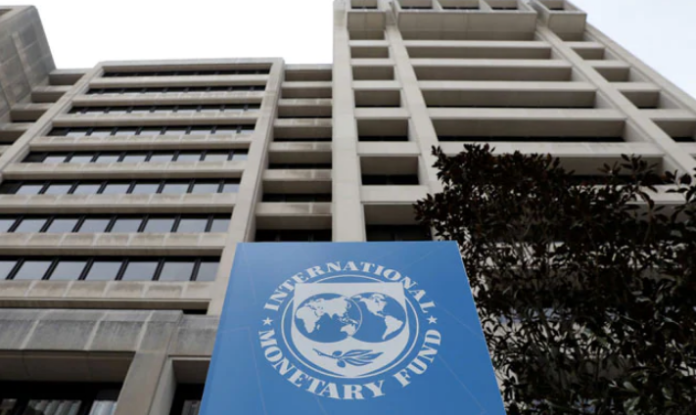By Ali Imran
ISLAMABAD: The International Monetary Fund (IMF) on Thursday has objected over the approval of supplementary grants, citing Finance Ministry sources.
“The IMF has demanded that the Parliament should not approve the supplementary grants,” the ministry sources said.
“Pakistan should enhance its tax revenue to avoid deficit,” the lender suggested. “Taxes have 10 percent share in the economy, which is the lowest in the world,” the IMF has pointed out to the officials. ” Taxation share should be scaled up to 13 percent in the economy to control the deficit,” the lender has suggested.
Pakistan is required to enhance the number of taxpayers; the monetary fund has further suggested. “Tax revenues could increase with opening imports in the new year,” the IMF pointed out.
“The country is not required to restructure its loans. The incumbent as well as the caretaker and the new elected governments should faithfully follow the existing standby arrangement,” the lender emphasized. Pakistan and the International Monetary Fund (IMF) have recently struck a staff-level agreement for the provision of $3 billion for nine months as a bailout package under a stand-by arrangement (SBA). The agreement replaced the Extended Fund Facility (EFF) which Pakistan entered in 2019 and which was expired on June 30. The SBA is a bail-out package for offering emergency relief to strengthen Pakistan’s foreign exchange reserves.
Earlier, Crisis-hit Pakistan has reached a staff-level agreement with the International Monetary Fund (IMF) over $3bn (£2.4bn) of funding. The deal, which still needs to be approved by the global lender’s board, comes after an eight-month delay.
The South Asian nation is facing its worst economic crisis since independence from Britain in 1947. To help secure the deal, Pakistan’s central bank raised its main interest rate to a record high of 22% on Monday. Pakistan’s economy, which was already struggling after years of financial mismanagement, has been pushed to the brink by a global energy crisis and devastating floods that hit the country last year.
“The economy has faced several external shocks such as the catastrophic floods in 2022 that impacted the lives of millions of Pakistanis and an international commodity price spike in the wake of Russia’s war in Ukraine,” Nathan Porter, IMF’s mission chief for Pakistan said.




